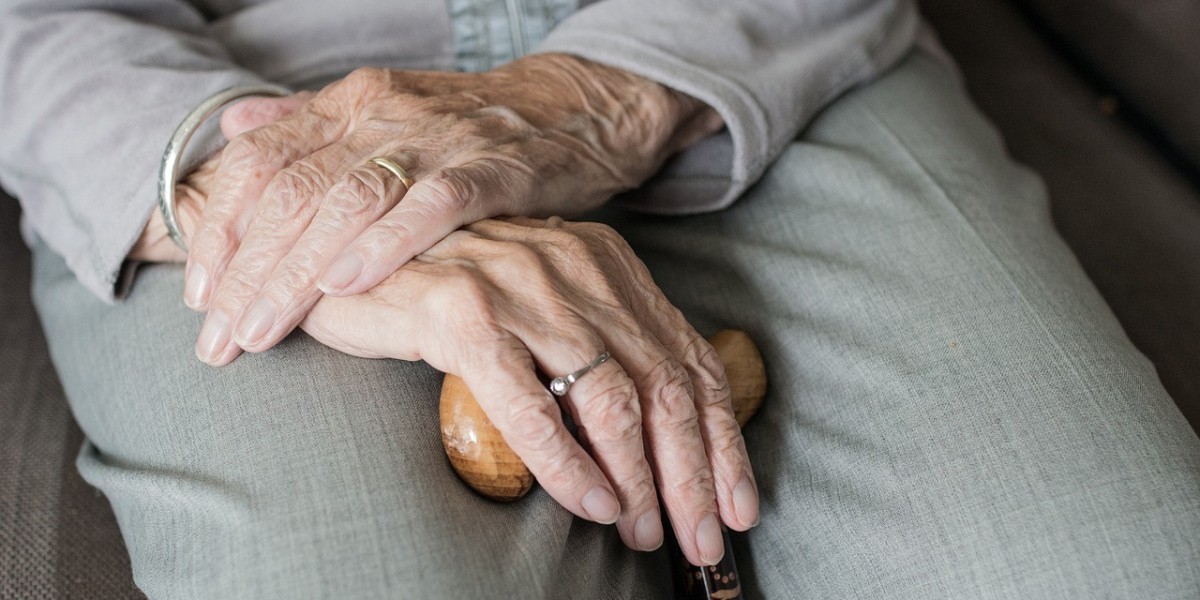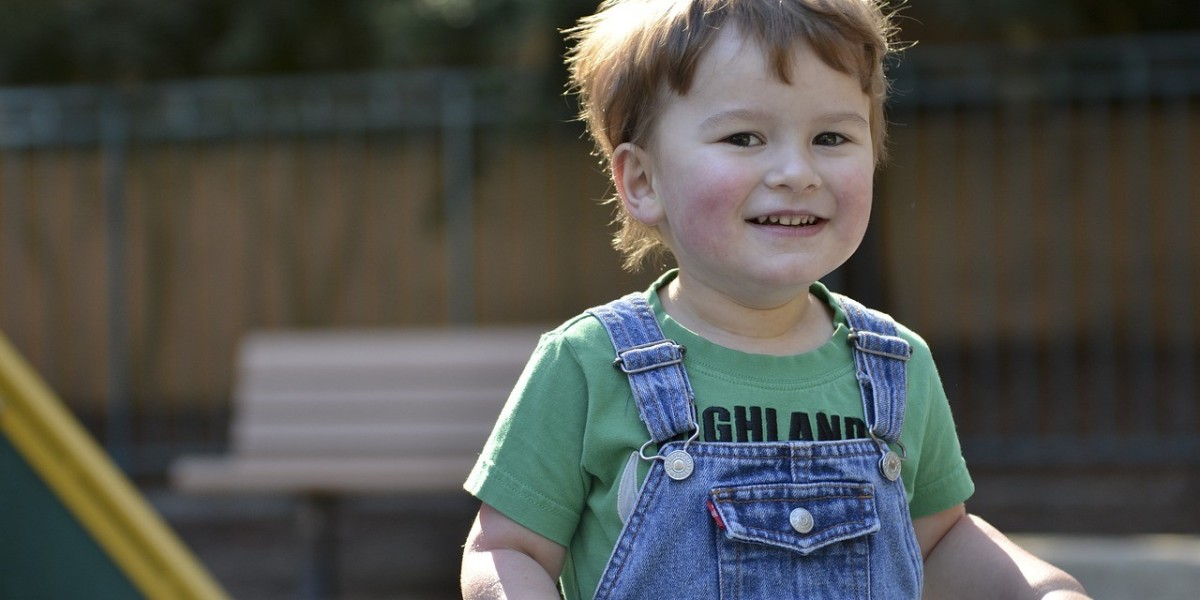Last week marked Grief Awareness Week (2nd–6th December 2024)—an important time to acknowledge the profound impact of grief and loss, especially for carers. Whether it’s the anticipatory grief of watching a loved one decline, or the deep sorrow that follows their passing, the journey of grief is personal and complex.
At We Talk Care, we understand that carers often face unique challenges when dealing with grief. Here, we explore some of the emotions carers may experience and share practical tips to help navigate this difficult time.
Grief Takes Many Forms
Grief isn’t a one-size-fits-all experience—it’s as unique as the person experiencing it. While some may find comfort in routine, others may feel completely lost. And for carers, grief can often begin long before a loved one passes away.
Anticipatory Grief
When caring for someone with a progressive condition, such as dementia, carers may feel grief even before their loved one has passed away. This is known as anticipatory grief, and it’s important to remember that this doesn’t mean you are giving up on the person—it’s a natural response to witnessing their decline.
Loss of Purpose
After losing a loved one, carers may feel a sudden void. You’ve dedicated so much of your time and energy to their care, and their absence can leave you questioning your identity and purpose.
Grief Has No Timeline
Grief is not something you "get over" in a set amount of time. It’s a lifelong process that changes and evolves. Some days may feel lighter, while others can bring unexpected waves of sadness.
There’s no right or wrong way to grieve, and there’s no deadline for when you should feel “better.” It’s important to allow yourself to grieve at your own pace, without judgment or pressure to move on.
If you’re struggling with feelings of guilt for not “recovering” quickly enough, remember that healing doesn’t mean forgetting—it means learning to carry your grief with you in a way that feels manageable.
Practical Tips for Coping with Grief
Give Yourself Time
Grief doesn’t follow a timeline. Allow yourself to feel whatever emotions come your way, whether it’s sadness, anger, guilt, or even relief.
Ask for Help
Reach out to family, friends, or a support group. Talking to others who have experienced similar feelings can provide comfort and reassurance. A quick phone call or coffee catch-up can go a long way.
Engage in Comforting Activities
Think about what has brought you peace or joy in the past—whether it’s painting, writing, walking, or practising mindfulness.
Avoid Major Decisions
It’s best to avoid making big changes, such as moving house or clearing out belongings, while you’re still grieving. Give yourself time to process before taking action.
Join a Community
Connecting with others who have experienced similar losses can help you feel less alone. Support groups, whether online or face-to-face, offer a safe space to share your feelings and gain support.
You’re Not Alone
Grief can be isolating, but it’s important to remember that help is available. At We Talk Care, we offer a compassionate and understanding community where you can connect with others who truly understand the journey you’re on.
Join the conversation, share your story, or simply listen to others. Together, we can find strength and healing. Join the We Talk Care community today for support, understanding, and connection.







